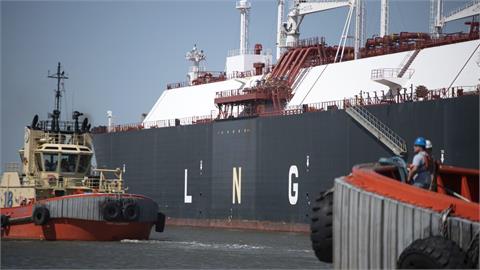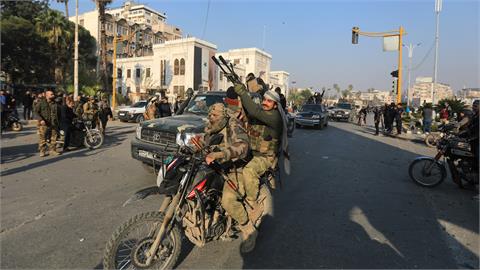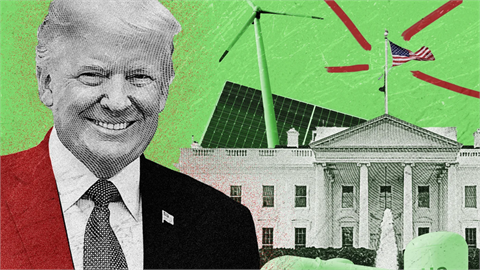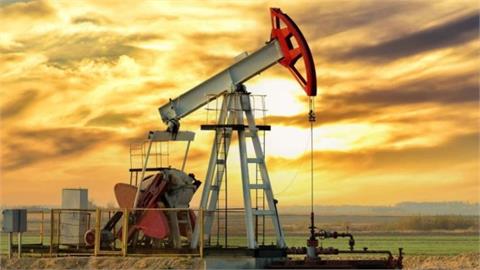As Turkey moves forward with ‘Operation Olive Branch’ with President Recep Tayyip Erdogan reportedly saying that Ankara is prepared to take its fight against Kurdish forces in northern Syria as far as Iraq, a leading regional analyst told New Europe that the latest military campaign is not likely to have any direct effect on energy projects.
Asked if that military operation would have any effect on long-term projects like the Trans Anatolian Pipeline (TANAP) and the Trans Adriatic Pipeline (TAP), Saleh Jallad of the Consolidated Contractors Company and publisher of the Middle East Economic Survey "MEES” said, "No, these are a little bit in a way independent. TAP, for instance, it has to do with influence but indirect ways, not direct with Turkey. So it will continue to go and it’s a good project, in my opinion, because it could supply Europe… and Greece will also benefit from this project”.
Jallad stressed that Turkey also wants to diversify its energy resources because the majority of its imports are from Russia.
"Diversification is the answer for reducing political risk and we have seen how political risk through oil and gas is employed before,” he said on the sidelines of an energy conference in Athens by IENE. "Turkey wants to be a real hub since they don’t own assets in oil and gas yet… So if they control or act as a real hub they will have a lot of power in addition to diversification,” he added.
However, Jallad noted that the perceived political risk in Turkey in going to be a factor in deciding the best way to transport of the newly discovered hydrocarbons in the East Mediterranean to Europe.
He told New Europe that the planned East Med pipeline –the project that relates to an offshore/onshore natural gas pipeline, directly connecting East Med resources to Greece via Cyprus and Crete and onto Italy "is the most efficient project”.
He noted, however, that the East Med pipeline is more expensive and there is a problem with the sea depth. "Technology becomes the issue and that is under the jurisdiction of technical people not politicians. I put a lot of weight these days on the political risk that is increasing to all projects,” he said.
Jallad also stressed that the East Med pipeline would increase Europe’s energy security, lessening dependence on Russian gas supplies. "Diversification is the policy of the EU. That’s where Greece can play a role. Greece, either they don’t have or they don’t want, to go to start drilling and go into that side of the business. I don’t know why. For years and years they say they have oil,” Jallad said. "However, this pipeline with sound governance – that’s the issue – can be a very good thing and very beneficial to Greece in both – political strength and find itself in a position to talk and also in economic sense because the construction business will increase and the construction business is a leading indicator for growth,” he added.
"It makes sense because it has the least political risk,” he said. "Each alternative has its own problems. However, we can say that this one – the Cyprus, Greece, Italy is the safest although it could be on the expensive side,” Jallad said, adding that the viability of the project would also depend on finding more gas reserves.
He said that a pipeline through Turkey would have increased political risk. "The political risk there is that when leaders in the Islamic world change, it is unlike Europe. Islamic world in general, including Turkey, will follow the leader. If the leader changes then the whole system there changes unlike European institutionalised advanced countries,” Jallad said.
"So, in my judgment unfortunately or fortunately, I don’t know, Mr Erdogan is losing credibility and that is the reason that people are trying to avoid by hook or by crook Turkey,” he added.
by Kostis
Geropoulos, Energy & Russian Affairs Editor, New Europe



